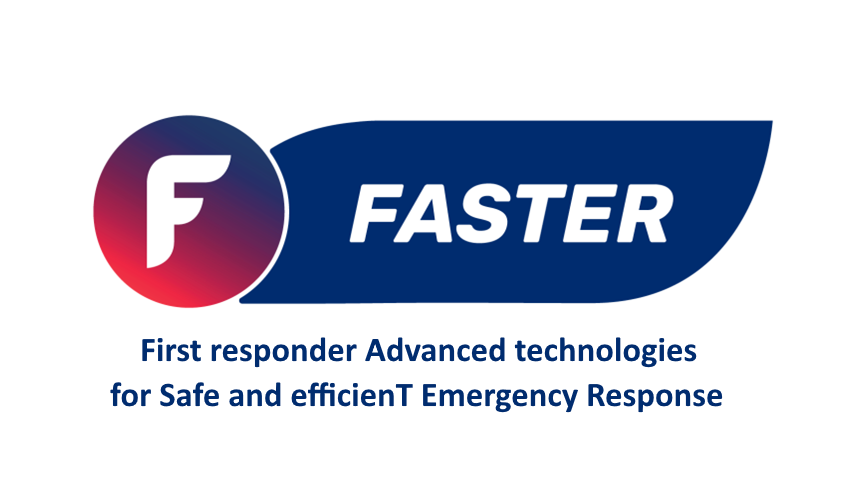Research & Insights

FASTER (First responder Advanced technologies for Safe and efficienT Emergency Response)
Cyber SecurityThe term first responders usually refers to law enforcement, fire, and emergency medical personnel. These responders, however, are not the only assets that may be required in the aftermath of a strike on the homeland. In contrast, the more appropriate term, emergency responders, comprises all personnel within a community that might be needed in the event of a natural or technological (man-made) disaster or terrorist incident. These responders might include hazardous materials response teams, urban search and rescue assets, community emergency response teams, anti-terrorism units, special weapons and tactics teams, bomb squads, emergency management officials, municipal agencies, and private organizations responsible for transportation, communications, medical services, public health, disaster assistance, public works, and construction. In addition, professional responders and volunteers, private nonprofit, nongovernmental groups (NGOs), such as the Red Cross, can also play an important role in emergency response. As a result, the tasks that a national emergency response system would be required to perform are more complex than simply aiding victims at the scene of a disaster, carried out by several kinds of professional users with different roles and expertise. Moreover, emergency preparedness and response lifecycle is a complex process that consists of the preparation, response, and recovery from a disaster, including planning, logistical support, maintenance and diagnostics, training, and management as well as supporting the actual activities at a disaster site and post-recovery after the incident.
FASTER partners
- Ethniko Kentro Erevnas kai Technologikis Anaptyxis
- Engineering – Ingegneria Informatica Spa
- OTE AE
- Diginext
- Crisiplan BV
- Drone Hopper SL
- Robotnik Automation SLL
- Inov Inexc Inovacao – Inistituto de Novas Tecnologias
- Fondazione Links – Leading Innovation & Knowledge for Society
- KPEOPLE Research Foundation
- Kajaanin Ammatikorkeakoulou OY
- Vrije Universiteit Brussel
- Panepistimio Dytikis Attikis
- Ayuntamiento de Madrid
- Servicio Madrileno de Salud
- Ecole Nationale Superieure des Officiers de Sapeurs-Pompiers (ENSOSP)
- Wyzsza Szkola Policji w Szczytnie
- Kajaanin Kaupunki
- Elliniki Omada Diasosis Attikis
- Municipio de Grandola
- Consorzio per il Sistema Informativo (CSI PIEMONTE)
- Kwansei Gakuin Educational Foundation
- Synelixis Solutions SA
Project info
Coordinator : Ethniko Kentro Erevnas kai Technologikis Anaptyxis Call & reference : H2020-SU-SEC-2018 Starting date : 01/05/2019 Duration : 36 Months Status : Completed
